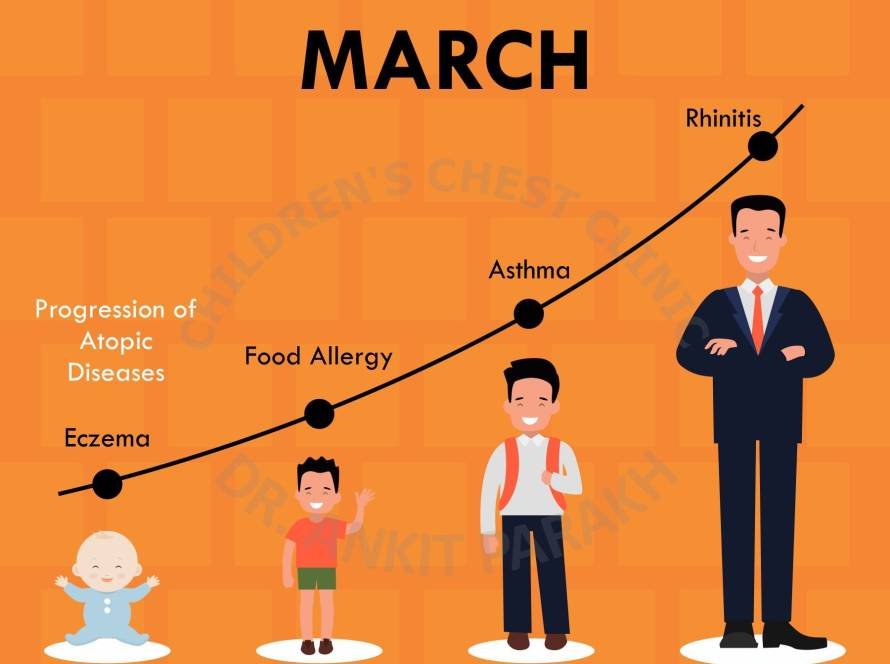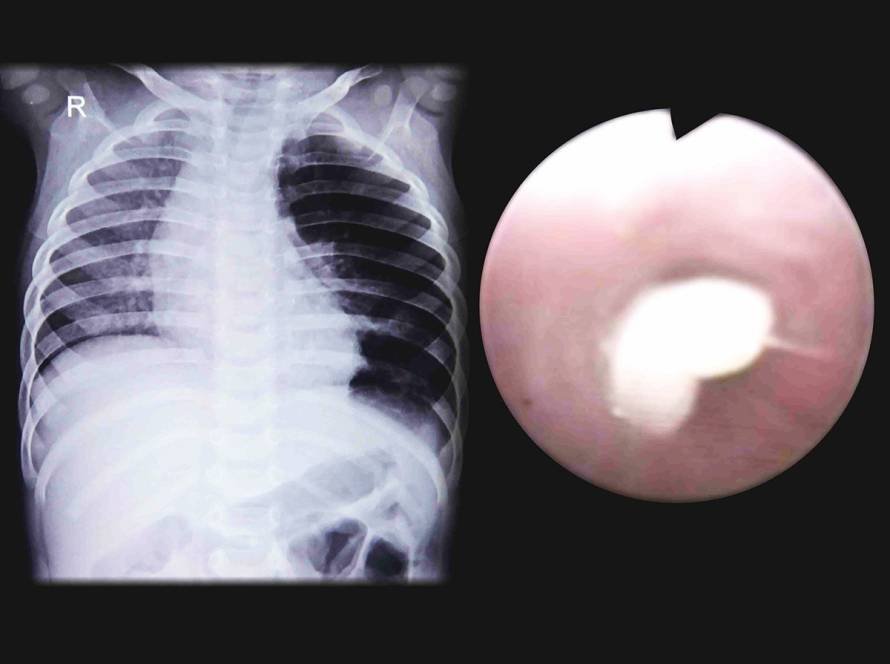Down syndrome also known as trisomy 21 is a common genetic disorder. Children with Down syndrome are seen to have multiple medical problems of which sleep disorders are common.
Which sleep disorder is very common in patients with Down syndrome?
The most common sleep disorder associated with Down syndrome is obstructive sleep apnea (OSA). Other sleep disorders seen in children with Down syndrome are parasomnia, insomnia, and daytime sleepiness in these patients.
How common is obstructive sleep apnea (OSA) in children with Down syndrome?
Children with Down syndrome are much more likely to have obstructive sleep apnea (OSA) than children without Down syndrome. Research has suggested that almost 50-75% of children with Down syndrome have obstructive sleep apnea (OSA) compared to 1-3% of the general population.
Why are children with Down syndrome at higher risk for obstructive sleep apnea (OSA)?
There are many reasons why children with Down’s Syndrome get more obstructive sleep apnea (OSA). Children with Down’s Syndrome have a smaller upper jaw or a mid-face hypoplasia and a smaller nose. Children with Down’s Syndrome have a lax muscle tone (also called hypotonia). The muscles of the pharynx that support breathing are hence more hypotonic and contribute to obstructive sleep apnea (OSA). In addition children with Down syndrome may have enlarged adenoids and tonsils contributing to obstructive sleep apnea (OSA).
Why is obstructive sleep apnea (OSA) a concern in children with Down syndrome?
Untreated obstructive sleep apnea (OSA) in individuals with Down syndrome leads to significant health problems. Children with obstructive sleep apnea (OSA) have a poor sleep quality and restless at night. Many children get daytime symptoms such as getting easily tired during the day, trouble learning and behavioural problems. Obstructive sleep apnea (OSA) also affects their everyday function, language development, memory and emotional control.

How do you evaluate sleep apnea?
Obstructive sleep apnea (OSA) is very common in children with Down syndrome and can have significant harmful effects on the child. It is hence critical to have an early diagnosis. Many studies have shown that parents are often unable to correctly predict whether their child with Down syndrome has a sleep problem. The only definitive way of diagnosing obstructive sleep apnea (OSA) is by performing a sleep study or polysomnography.
When should a Sleep Study or Polysomnography be done in children with Down’s Syndrome?
The American Academy of Pediatrics recommends that all children with Down syndrome have a polysomnography (PSG), or a sleep study, by 4 years of age. Additional sleep studies can be done if a child with Down syndrome has any symptoms suggestive of obstructive sleep apnea (OSA) at any age.
In case your child has Down syndrome it is extremely important to get him evaluated by a pediatric sleep specialist for obstructive sleep apnea (OSA) at the earliest.






